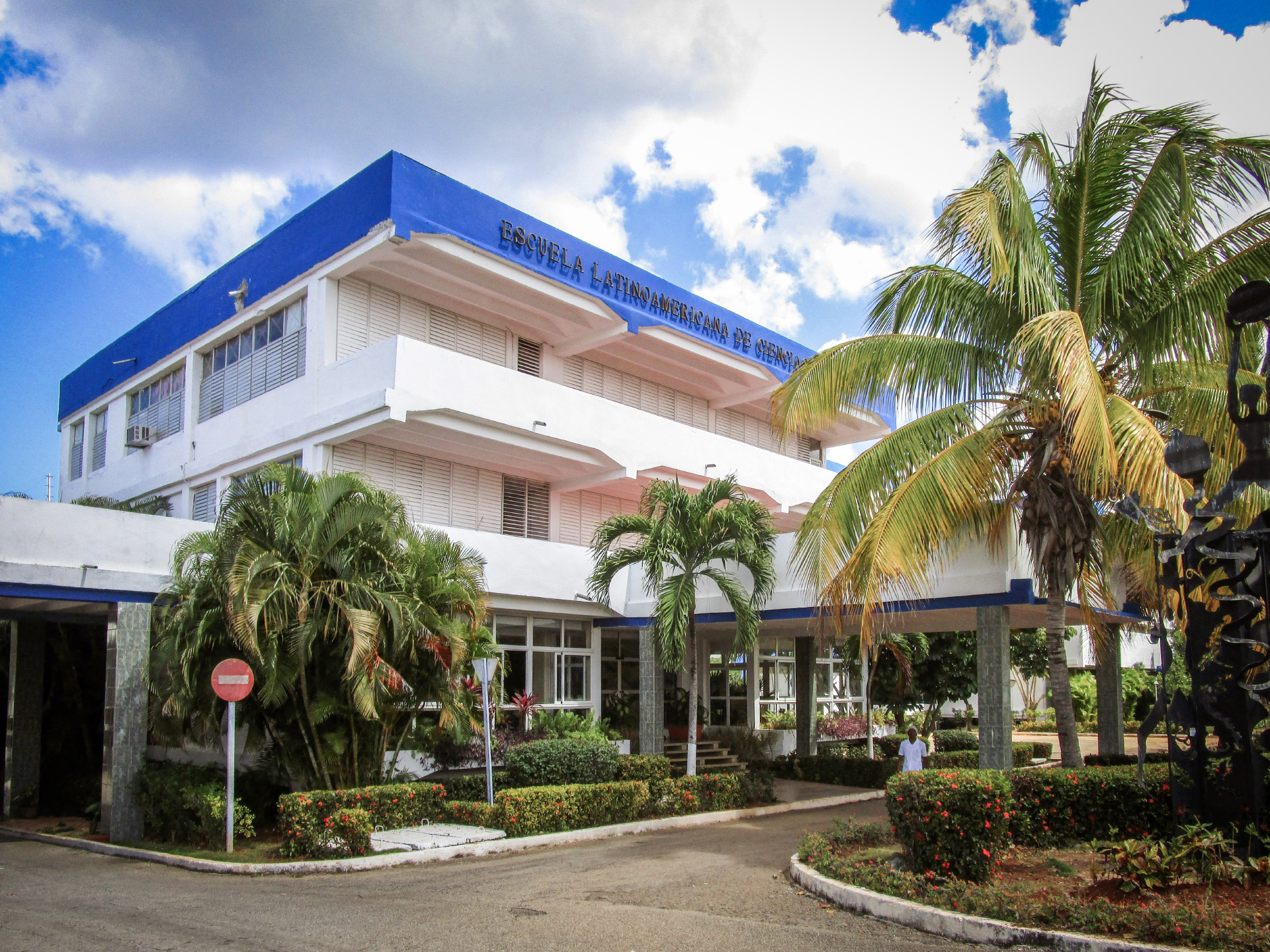“It all starts in the neighborhood.” That’s how Dr. Richard Streiffer, dean of CCHS and a family medicine physician, described the Cuban healthcare system to faculty, residents and medical students during a presentation November 29 as part of the College’s global health curriculum.
While there are hospitals and specialty care centers in Cuba, most care takes place in neighborhood poly clinics. Doctors and nurses who work in poly clinics live in the same neighborhoods where they practice, and they make house calls, getting to see patients in the context of their home and families.
There are also grandparent and maternity homes. Casa del Abuelo, or grandparent homes, are centers where the elderly can spend the day doing Tai Chi and other exercises, eating and playing games. The services are free of charge.
Cuba also utilizes community-based maternity homes to provide live-in, comprehensive care for women with high-risk pregnancies, a strategy that has significantly lowered infant and maternal mortality rates. Today, Cuba has achieved neonatal and infant mortality rates that are better than or on par with rich nations, including the US.
“The health care goes to the patient,” Streiffer said. “And everywhere they go, prevention is at the core of what they do.”
He said health-care providers in Cuba “really know their patients and they do remarkable population health, in the poly clinics and at the home visits. They know more about their patients without computers than we do in this country with computers.”
The revolution in Cuba in 1959 brought a set of principles, Streiffer said, including that all Cubans have a right to health care. The country constructed a healthcare system of integrated services built around primary care and prevention. “They are no longer a third-world country with regard to health,” Streiffer said. Cuba’s health outcomes have steadily improved and today the country ranks just below the US in health outcomes – 39th to the US ranking of 37.
In addition, Cuba’s medical education “largely mimics the emphases they have as a country,” said Dr. Cecil Robinson, who, like Streiffer, has made several trips to Cuba as part of The UA Center for Cuba Collaboration and Scholarship. All medical students become family medicine physicians first, and then can go on to specialize. Their education is multi-disciplinary, and public health is integrated. As a result, 70 percent of doctors in Cuba are primary care physicians, and studies have shown that countries with a strong primary care physician workforce have healthier populations.
